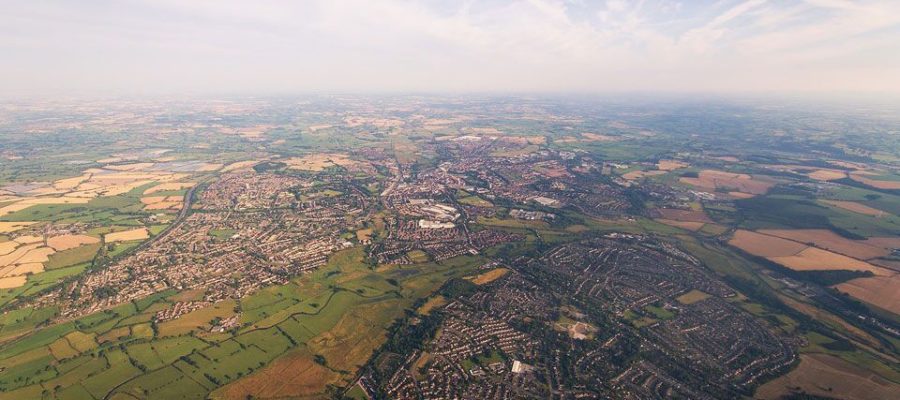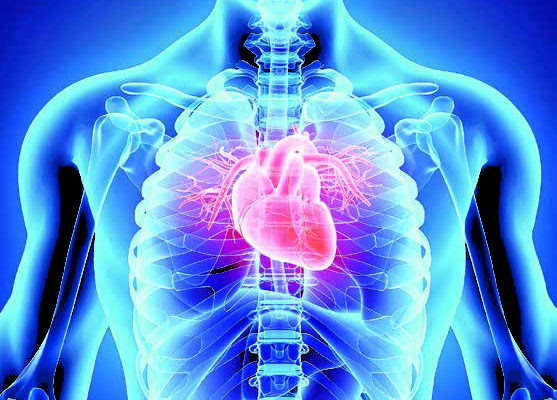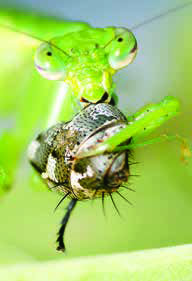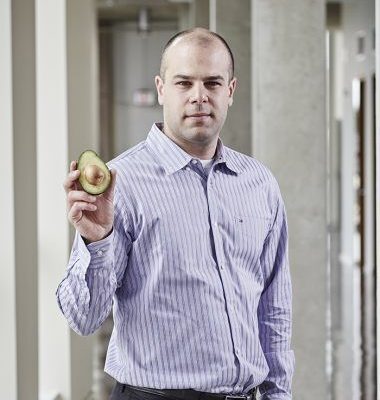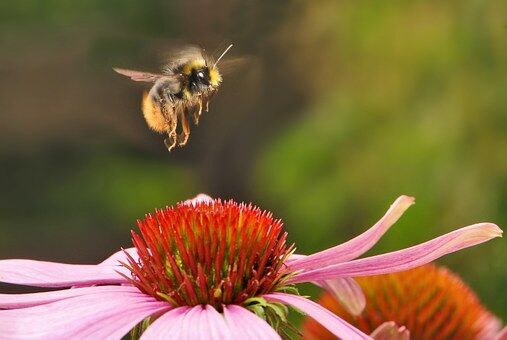Why did those advertising flyers end up in your mailbox? And how can your car know where you are even when you don’t? Ask a geographer — and not just any geographer but an expert in geomatics, which involves the collection and analysis of spatial data. By combining that kind of information with raw computing
Geospatial Analysis Tool Puts U of G on the Map
